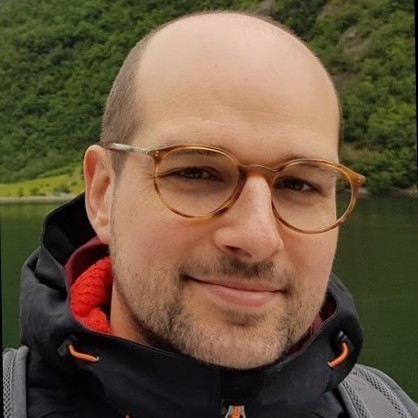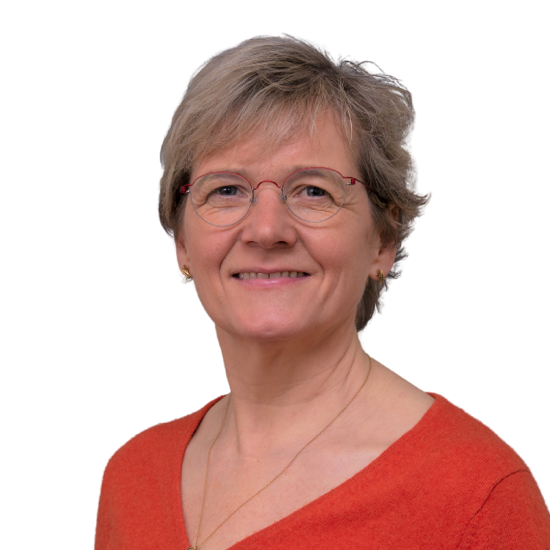Prof Lorna Marson
For this edition of the QUOD newsletter, the spotlight shone on Professor Lorna Marson. I was delighted to speak with the new Associate Medical Director for Research and Development at NHSBT about her distinguished career.
Lorna started her medical career as an undergraduate student at St Thomas’ Hospital, London which was then a much smaller medical school with an annual intake of only 90 students. Although she enjoyed all aspects of her studies, it was during her time in London when there were very few female surgeons, that her interest in surgery piqued. Unfazed, she was even more determined to pursue a career in surgery, training in local district general hospitals and thriving. She spoke fondly of the sense of community she felt during her time working with the wider team, including a year of training in Dumfries.
However, it was working in the national transplant centres in London and Edinburgh that afforded more opportunities for Lorna to be involved in transplant research and train as an academic. When asked what pearls of wisdom she would pass on to early career researchers, she advised to be open to new opportunities outside your comfort zone and try not to have tunnel-vision in view of where you expect your career to go.
Although at first, a self-proclaimed “reluctant researcher”, Lorna enjoyed taking time out of her clinical work to pursue her research interests. She remarked how she had wanted to dedicate time to aligning with scientists to establish a high-quality and unique research programme, at the same time as being an excellent clinician for the benefit of her patients. Lorna spoke highly of the mentorship, welcome and guidance she was given by Professor Sir John Savill, Professor Jeremy Hughes, and Professor Sir Peter Morris, from learning about technically challenging renal transplant models to the role of macrophages in early kidney injury. We discussed their impact and support during the formative and later stages of her research career, and the honour she felt in collaborating with them.
In addition to her own research commitments, Lorna has been intrinsically involved with QUOD, working closely with Professor Rutger Ploeg. She spoke of the very challenging but immensely rewarding experience of being involved in the early development of the biobank in Scotland, and that the next stage is to optimise its benefits, promote accessibility and ensure that the governance remains robust. The aim is to set the precedence of the UK as an exciting place to undertake research in transplantation for industry and academia, aligning the transplant timeline with recipient data to get a more complete picture of what happens from donation onwards. Lorna views her new role as an exciting prospect, including managing the relationship between QUOD and NHSBT, providing an academic oversight for the OTDT clinical trials unit, as well as reviewing and meeting the OTDT 2030 strategy. This includes addressing health inequalities in organ donation and transplantation and ensuring that there are effective and relevant patient outcome and experience measures in place.
Aside from her clinical and academic roles, Lorna is the College Dean of Admissions for Edinburgh Medical School. As a result, she plays an integral role in shaping undergraduate, postgraduate, and doctoral experiences at the University. As the school’s lead for Diversity and Respect, Lorna hopes to broaden the socio-economic and ethnic landscape of the student population in this historic institution. She spoke earnestly about the need for the medical workforce to reflect the community they serve, to providing an open atmosphere where students facing financial hardship or challenging times can ask for help, and that there is a support network in place to assist. It is critical to support parents of young children in the profession, having received such support when her own children were very young: “By providing this support for a small number of years, they will then deliver”. Looking to the future, Lorna wishes to address the urgent disparity in gender within surgery, and provide support to ensure that students succeed and flourish in their career endeavours.
To add to her accolades, Lorna was elected as the first female President of the British Transplantation Society (BTS) in 2017, which she said was a huge honour. The society celebrated its 50th anniversary at the 2021 congress which Lorna attended in Belfast. She spoke warmly of the experience, returning to face-to-face interactions, stating that it was a “brilliant reminder of why we work as hard as we do to transform transplantation”. She also spoke of her delight that students and trainees had a platform to present and share their research, with some contending for medals. Lorna hoped going forward that more scientists will be encouraged to attend the society conferences and continue to enrich the discussions and collective sharing of ideas between researchers and clinicians, all ultimately to benefit patients in the future. Furthermore, Lorna remarked that the 50th anniversary was a time of reflection and an opportunity to look forward optimistically about the future of transplantation, in the hands of the next generation of scientists and clinicians: “[We need to] make sure that they are involved in the strategic progression of the field and nurture the future leaders of the profession”.
A keen open water swimmer and cyclist, Lorna can also often be found running with her 18-month-old Labrador in tow around the rural outskirts of Edinburgh. Her passion for the outdoors and exercise in general, she says, is essential for her mental health and wellbeing. A budding triathlete, Lorna looks forward to her next challenge…an even bigger triathlon!
Professor Lorna Marson was interviewed by Hannah McGivern




